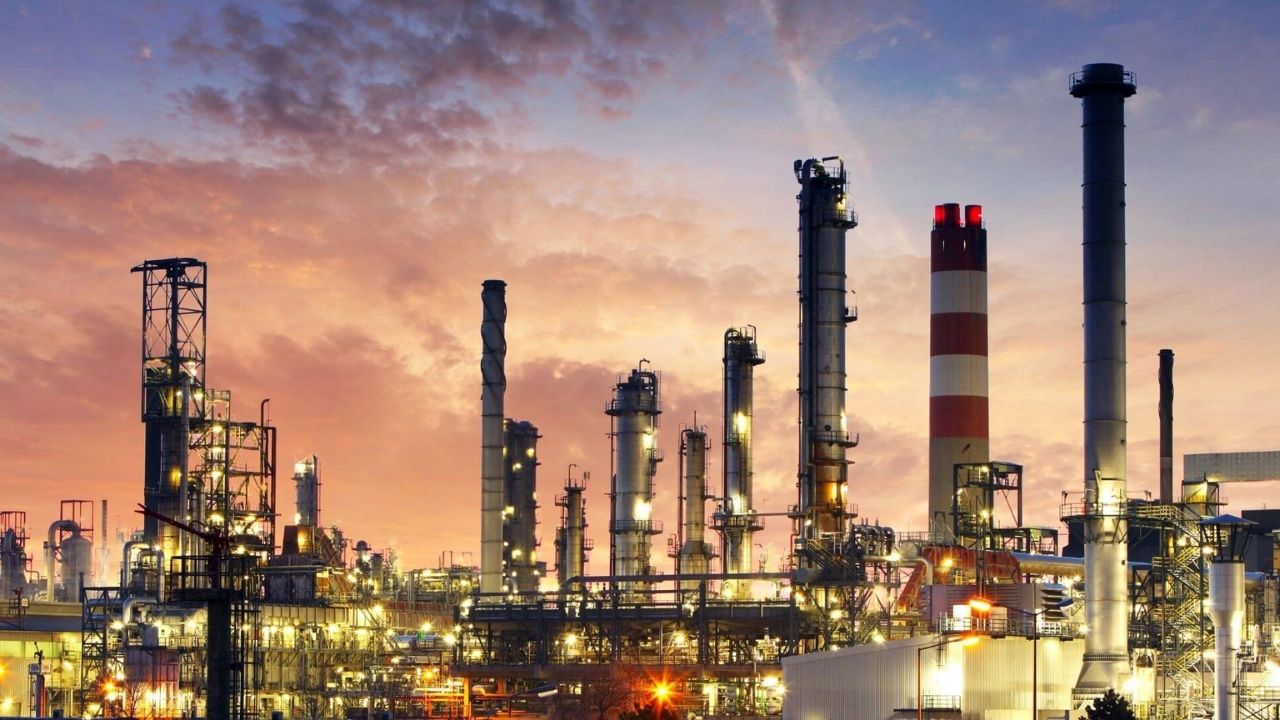
Manufacturing is the backbone of modern society, but how much do you really know about it? From the creation of everyday items to the assembly of complex machinery, manufacturing touches every aspect of our lives. Did you know that the first industrial robot was introduced in 1961? Or that the manufacturing sector employs millions worldwide? This industry is not just about factories and assembly lines; it's a world of innovation, technology, and skilled labor. Whether you're curious about the history, the processes, or the future of manufacturing, these 27 facts will give you a deeper understanding of this essential industry. Buckle up and get ready to be amazed by the world of manufacturing!
The Evolution of Manufacturing
Manufacturing has come a long way from its early days. Here are some intriguing facts about its evolution.
- The Industrial Revolution, starting in the late 18th century, marked a significant shift from hand production to machines.
- Eli Whitney's invention of the cotton gin in 1793 revolutionized the textile industry.
- Henry Ford introduced the moving assembly line in 1913, drastically reducing the time to build a car from 12 hours to just 2.5 hours.
- The first programmable robot, Unimate, was introduced in 1961, paving the way for automation in manufacturing.
- 3D printing, also known as additive manufacturing, was first developed in the 1980s and has since transformed prototyping and production processes.
Modern Manufacturing Techniques
Today's manufacturing techniques are more advanced and efficient than ever before. Let's explore some key facts about modern methods.
- Lean manufacturing, a methodology focused on minimizing waste, originated from Toyota's production system in the 1930s.
- Six Sigma, a set of techniques for process improvement, was developed by Motorola in 1986.
- Computer Numerical Control (CNC) machines, which use computers to control machine tools, have revolutionized precision manufacturing.
- The Internet of Things (IoT) allows machines to communicate and share data, leading to smarter factories.
- Advanced robotics and automation have increased productivity and reduced human error in manufacturing processes.
Environmental Impact of Manufacturing
Manufacturing has a significant impact on the environment. Here are some facts highlighting this relationship.
- The manufacturing sector is responsible for approximately 20% of global carbon emissions.
- Sustainable manufacturing practices, such as using renewable energy and recycling materials, are becoming more common.
- The concept of a circular economy aims to minimize waste by reusing and recycling products and materials.
- Green manufacturing focuses on reducing environmental impact through energy efficiency and waste reduction.
- Many companies are now adopting eco-friendly practices to meet consumer demand for sustainable products.
The Role of Technology in Manufacturing
Technology plays a crucial role in the manufacturing industry. Here are some fascinating facts about its influence.
- Artificial Intelligence (AI) is being used to optimize production processes and predict maintenance needs.
- Augmented Reality (AR) helps workers visualize complex assembly instructions and improve accuracy.
- Blockchain technology is being used to enhance supply chain transparency and traceability.
- Digital twins, virtual replicas of physical assets, allow manufacturers to simulate and optimize production processes.
- Big data analytics helps manufacturers make data-driven decisions to improve efficiency and reduce costs.
The Future of Manufacturing
The future of manufacturing looks promising with continuous advancements. Here are some facts about what lies ahead.
- Industry 4.0, also known as the fourth industrial revolution, integrates cyber-physical systems, IoT, and cloud computing.
- Smart factories use advanced sensors and AI to create highly efficient and flexible production environments.
- Collaborative robots, or cobots, work alongside humans to enhance productivity and safety.
- Additive manufacturing is expected to become more prevalent, allowing for mass customization and on-demand production.
- Quantum computing has the potential to solve complex manufacturing problems that are currently unsolvable with classical computers.
- The use of biodegradable materials in manufacturing is on the rise, reducing environmental impact.
- Advanced materials, such as graphene and carbon nanotubes, are being developed to create stronger, lighter, and more durable products.
Manufacturing's Impact on Our World
Manufacturing shapes our world in ways we often overlook. From the cars we drive to the gadgets in our pockets, it's everywhere. This industry not only fuels economies but also sparks innovation. Think about the jobs it creates and the communities it supports. It's a backbone for many countries, driving progress and development.
But it's not just about products. Manufacturing pushes boundaries in technology and sustainability. Companies are now focusing on eco-friendly practices, aiming to reduce their carbon footprint. This shift is crucial for our planet's future.
Understanding these facts helps us appreciate the complexity and importance of manufacturing. Next time you use a product, remember the intricate processes and hard work behind it. Manufacturing isn't just about making things; it's about building a better, more sustainable world for everyone.
Was this page helpful?
Our commitment to delivering trustworthy and engaging content is at the heart of what we do. Each fact on our site is contributed by real users like you, bringing a wealth of diverse insights and information. To ensure the highest standards of accuracy and reliability, our dedicated editors meticulously review each submission. This process guarantees that the facts we share are not only fascinating but also credible. Trust in our commitment to quality and authenticity as you explore and learn with us.
